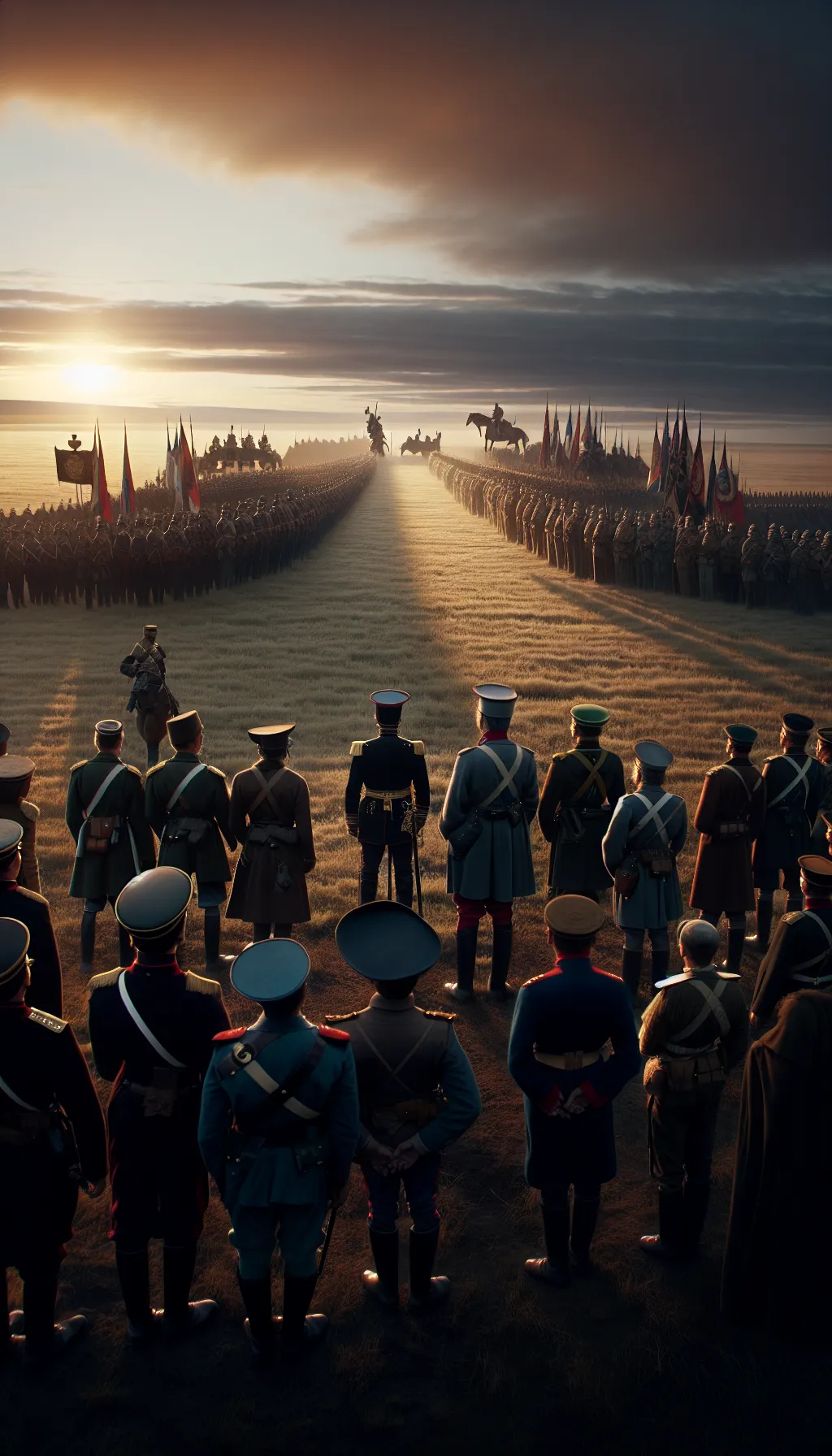Chile – The Roar of Freedom: The Battle of Maipú, 1818
TLDR;
- Event: The Battle of Maipú on April 5, 1818, was a decisive confrontation between Chilean and Argentine liberation forces and Spanish royalists in Chile.
- Key Figures: General José de San Martín led the patriot forces to victory against General Mariano Osorio’s royalist army, showcasing superior tactics and unity.
- Outcome: The patriot victory ensured control over Santiago and central Chile, marking a significant step towards Chilean independence, though royalist resistance persisted until 1826.
- Legacy: The battle is celebrated as a symbol of the struggle for freedom and the effective collaboration between different groups under a common cause.
–
Story
The sun rose over the plains of Maipú, casting long shadows as two armies prepared for a confrontation that would decide the fate of a nation. The air was thick with tension, the silence before the storm. On one side stood the forces of liberation, a diverse army of Chilean and Argentine soldiers, former royalist deserters, and European mercenaries, united under the command of the indomitable General José de San Martín. Opposing them, the Spanish royalists, led by General Mariano Osorio, were determined to reinforce colonial control after earlier patriot victories, their morale and supplies weakened by the recent Surprise of Cancha Rayada.

The stakes were nothing less than the future of Chile. For years, the struggle for independence had raged across South America, a continent yearning to break free from the shackles of colonial rule. Now, on April 5th, 1818, the decisive moment had arrived.
As the battle commenced, the ground shook with the roar of cannon fire and the clash of steel. San Martín, a master tactician, orchestrated his forces with precision, exploiting every weakness in the Spanish lines. The royalists, though fierce, were no match for the resolve and unity of the liberation army, bolstered by the discipline of the infantry and the superiority of their artillery under Colonel Manuel Blanco Encalada.
The turning point came not just from San Martín’s cavalry charge but from the combined efforts of the patriot forces, breaking through the enemy’s defenses and sending the Spanish forces into disarray. The battlefield was a cacophony of chaos and courage, but by the day’s end, the outcome was clear. The Spanish were defeated, their hopes of reclaiming Chile shattered.
The victory at Maipú was more than a military triumph; it was a resounding declaration of independence. While Chile was not fully secure yet—royalist resistance continued in the south until 1826—Maipú ensured patriot control over Santiago and central Chile. The echoes of that day still resonate, a testament to the power of unity and the unyielding spirit of those who fight for freedom.
–
| Would a different strategy by the Spanish have changed the course of Chilean independence? |